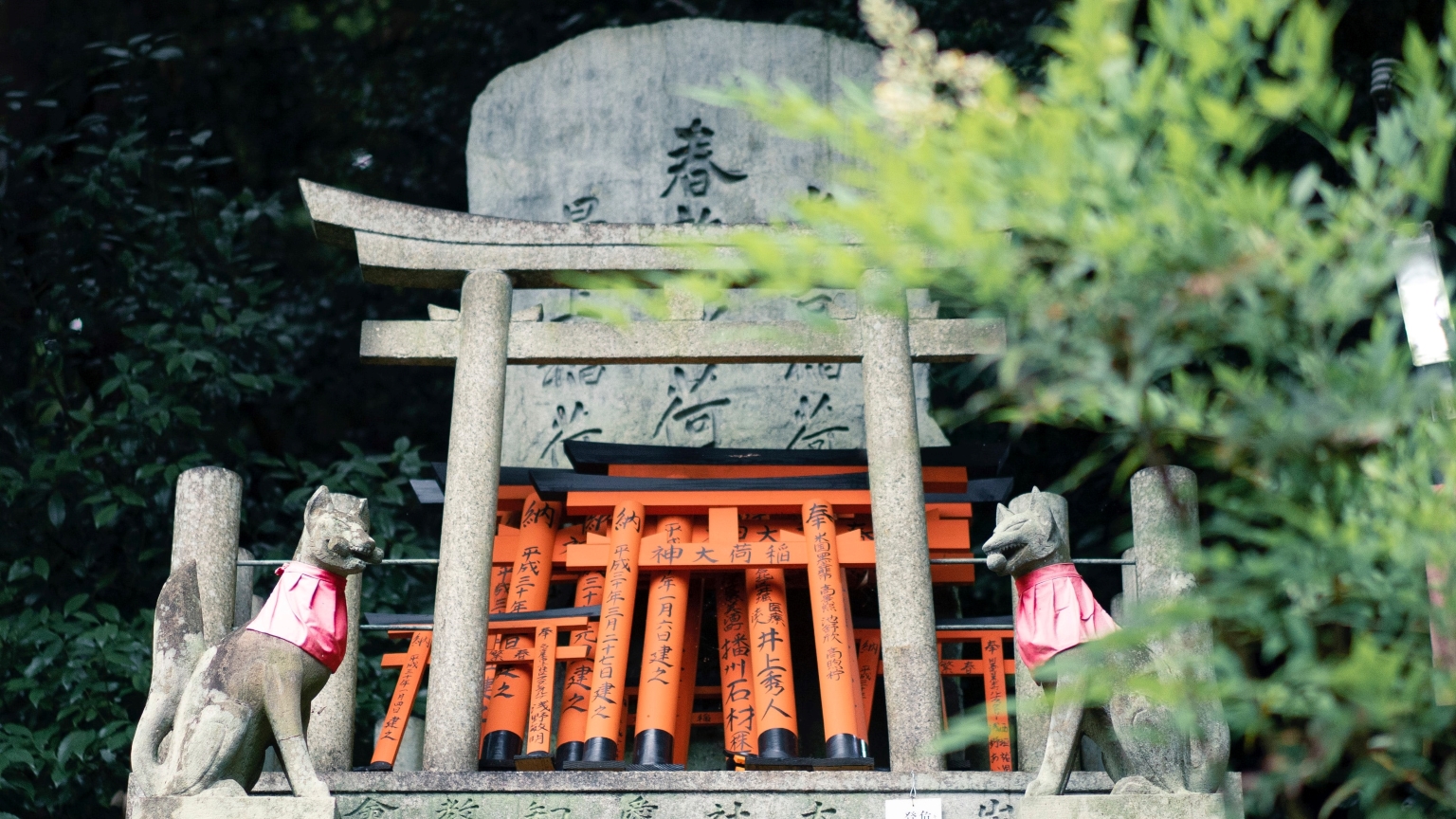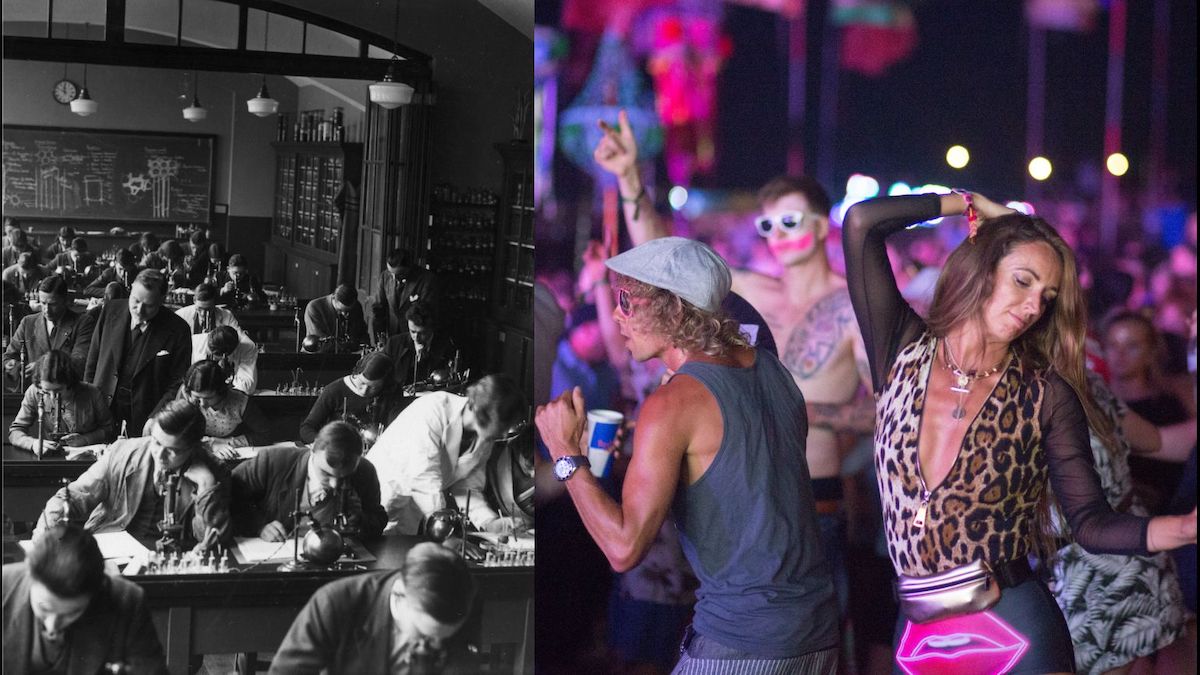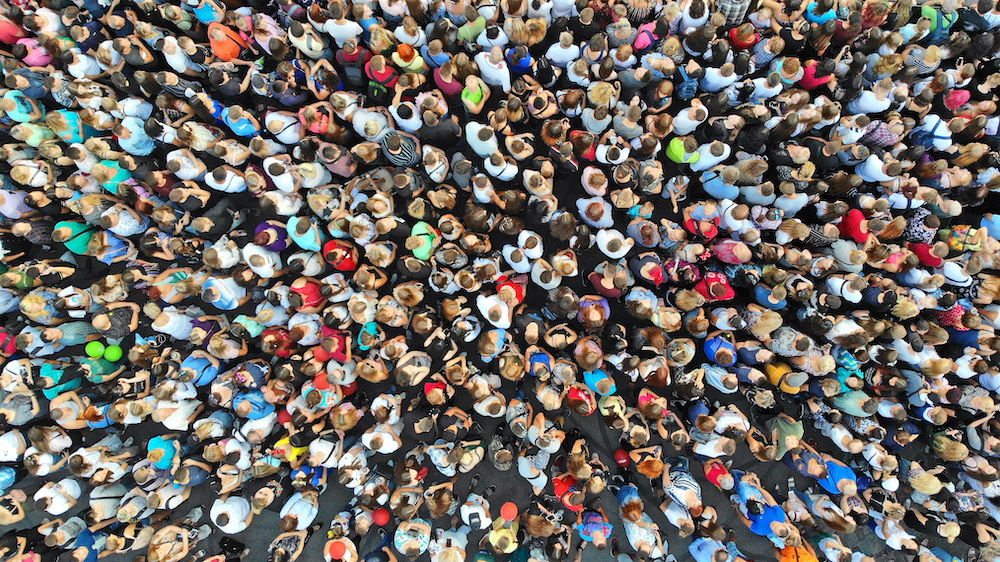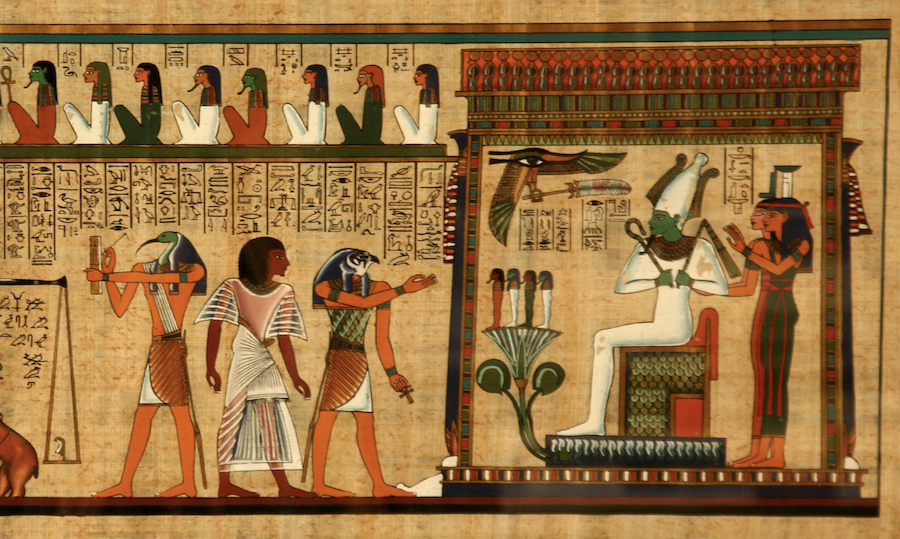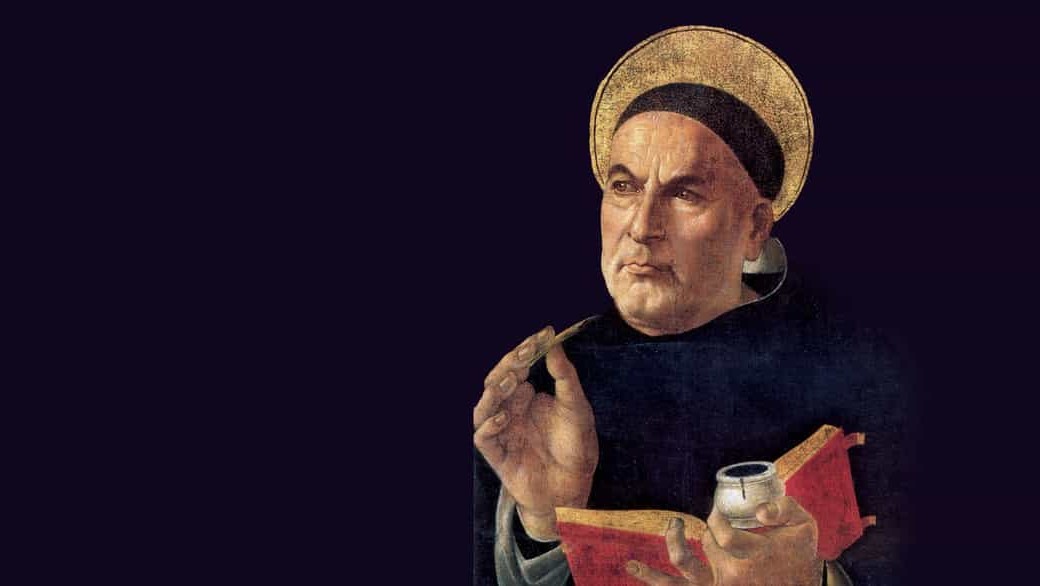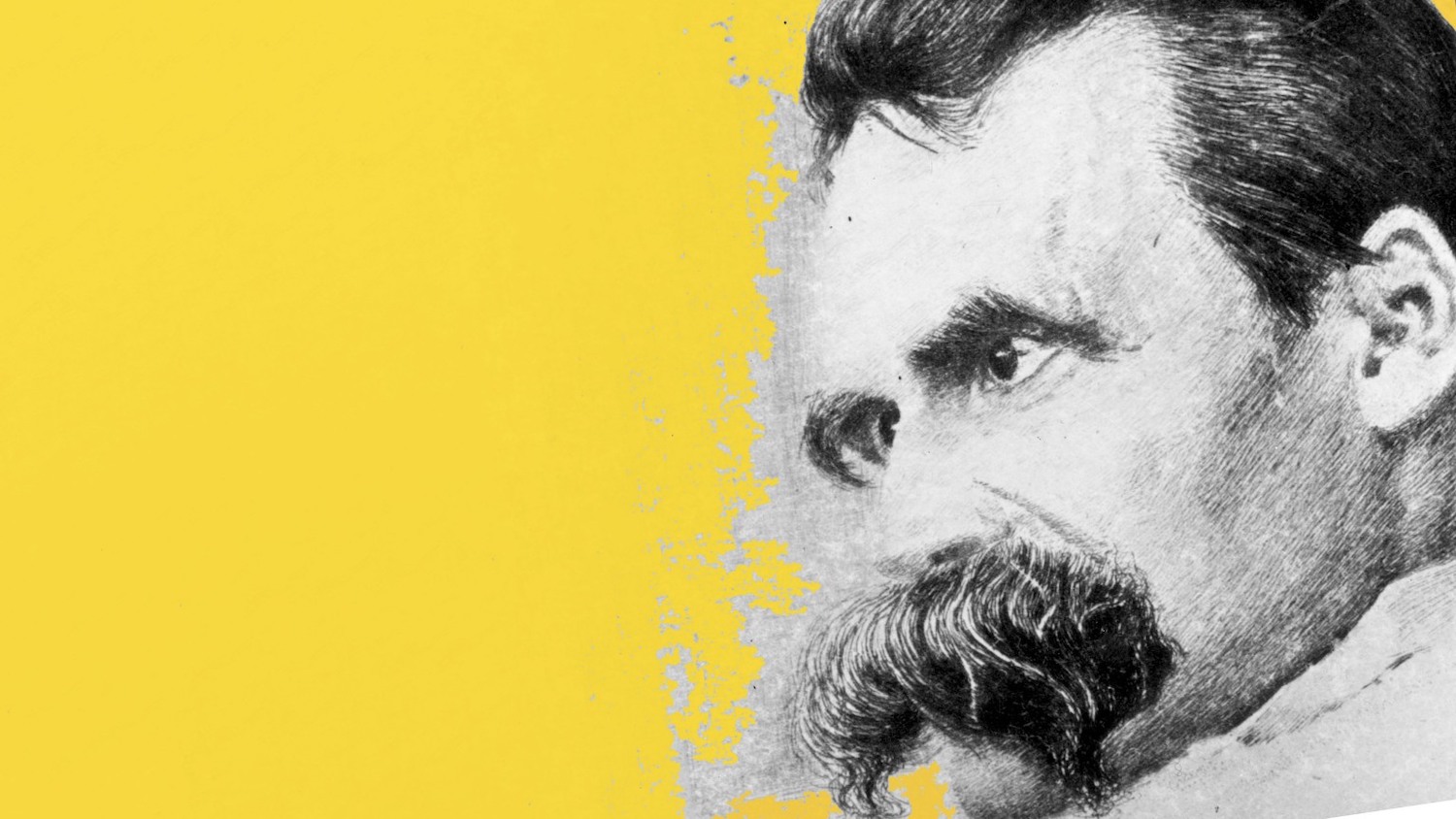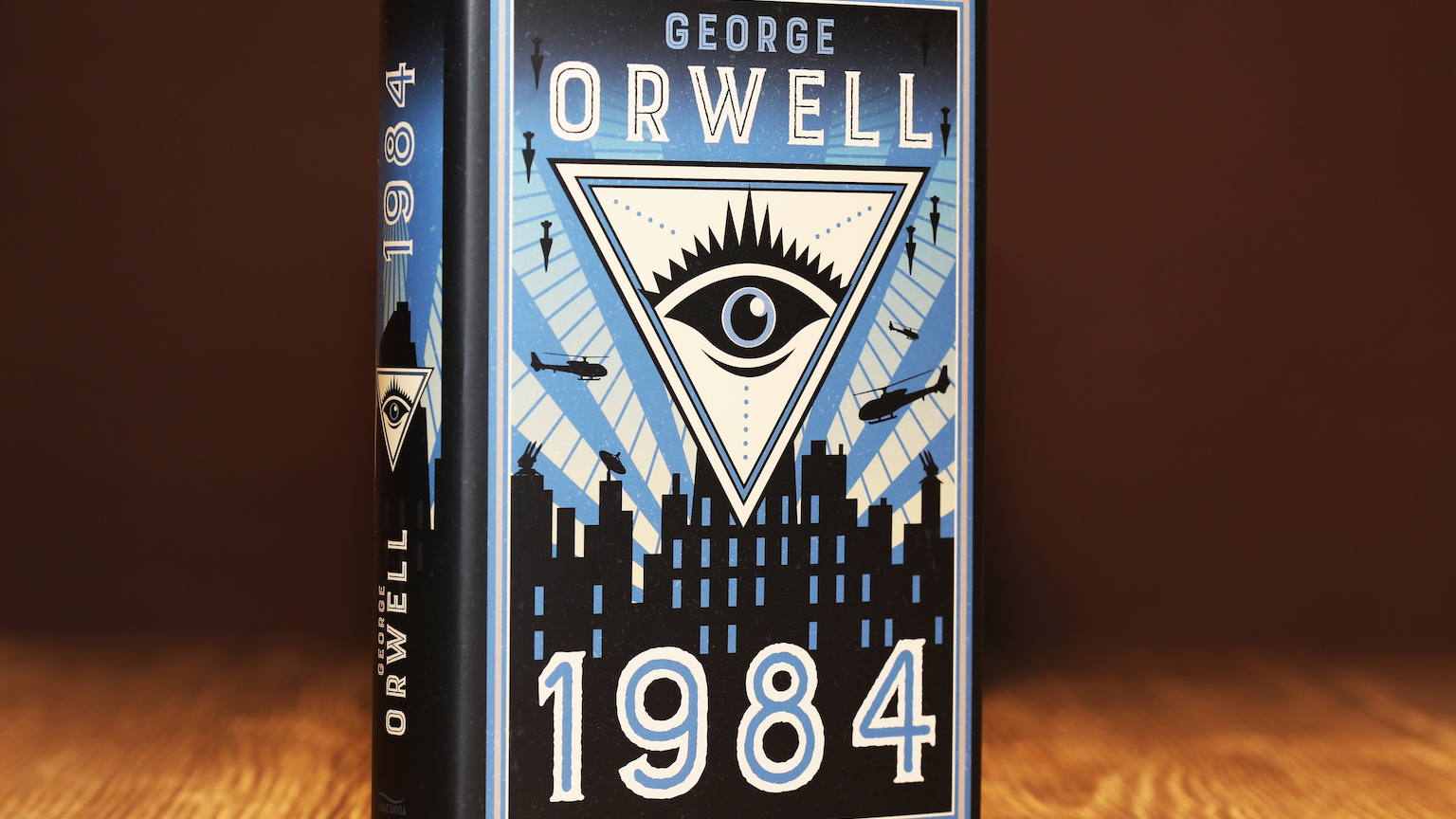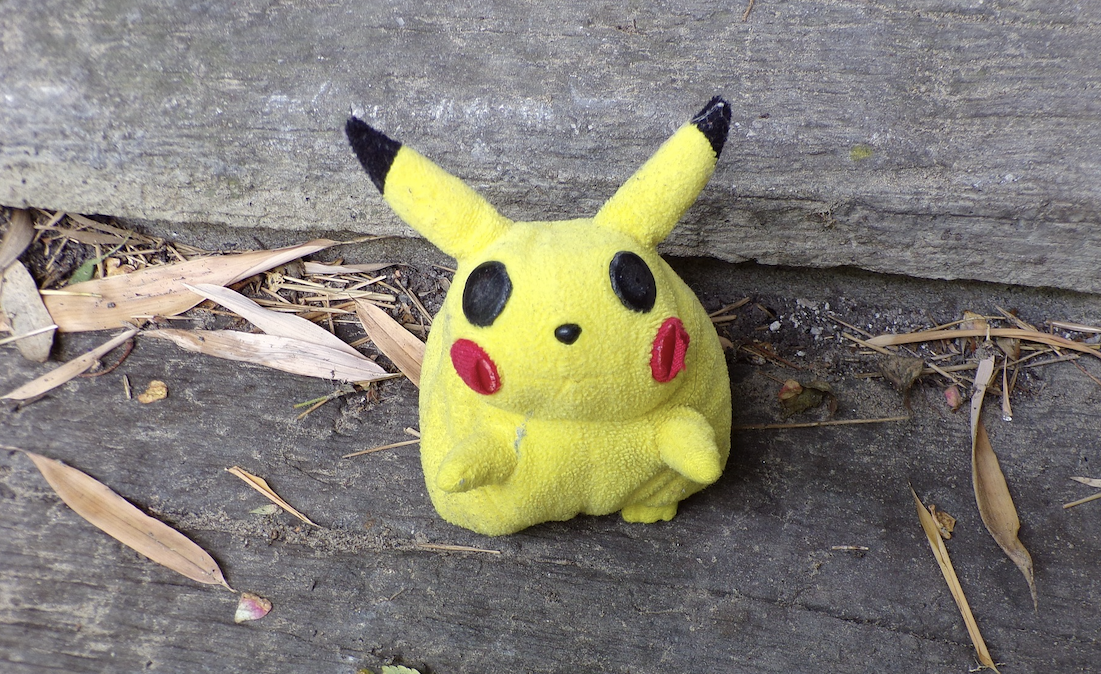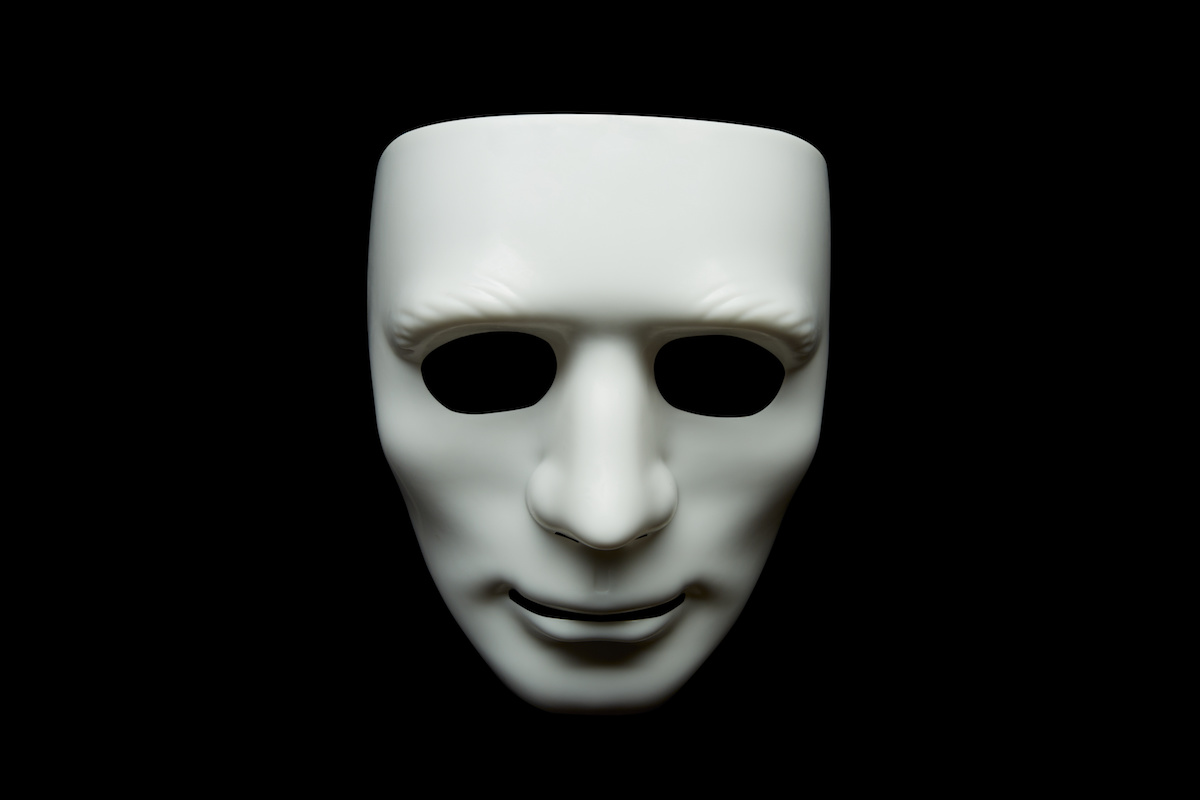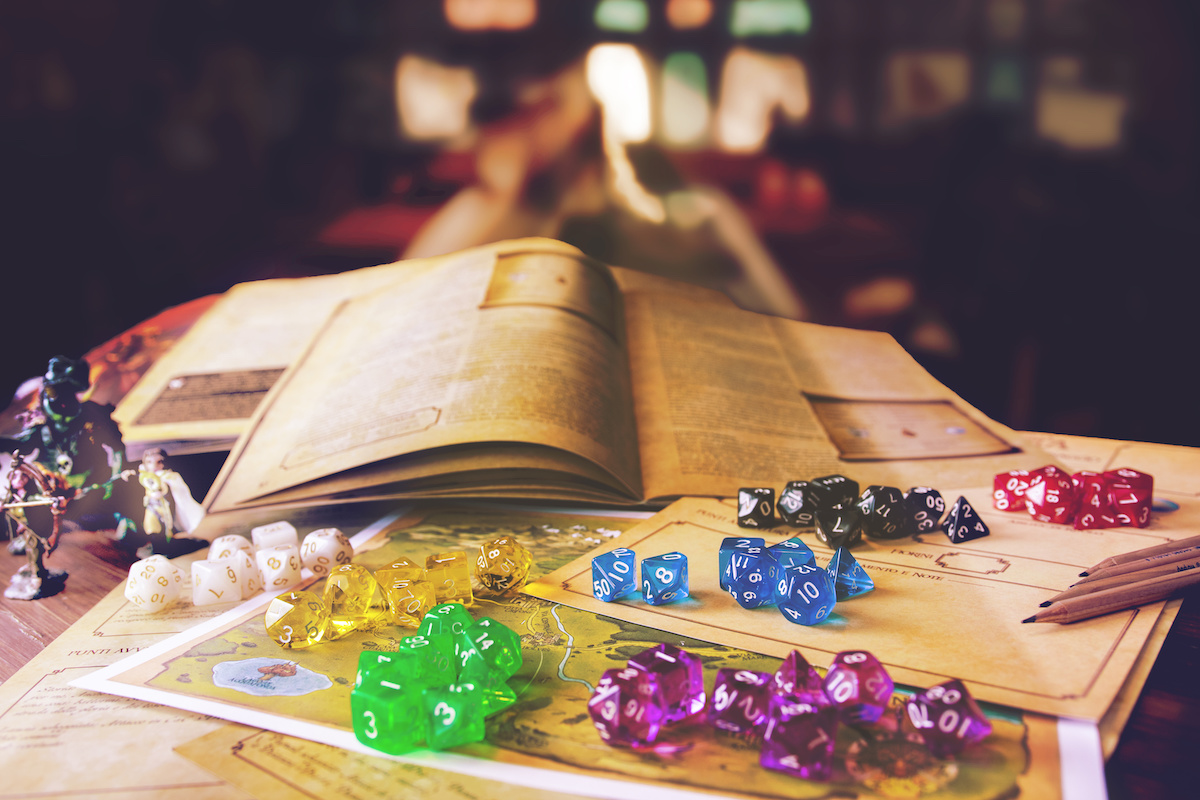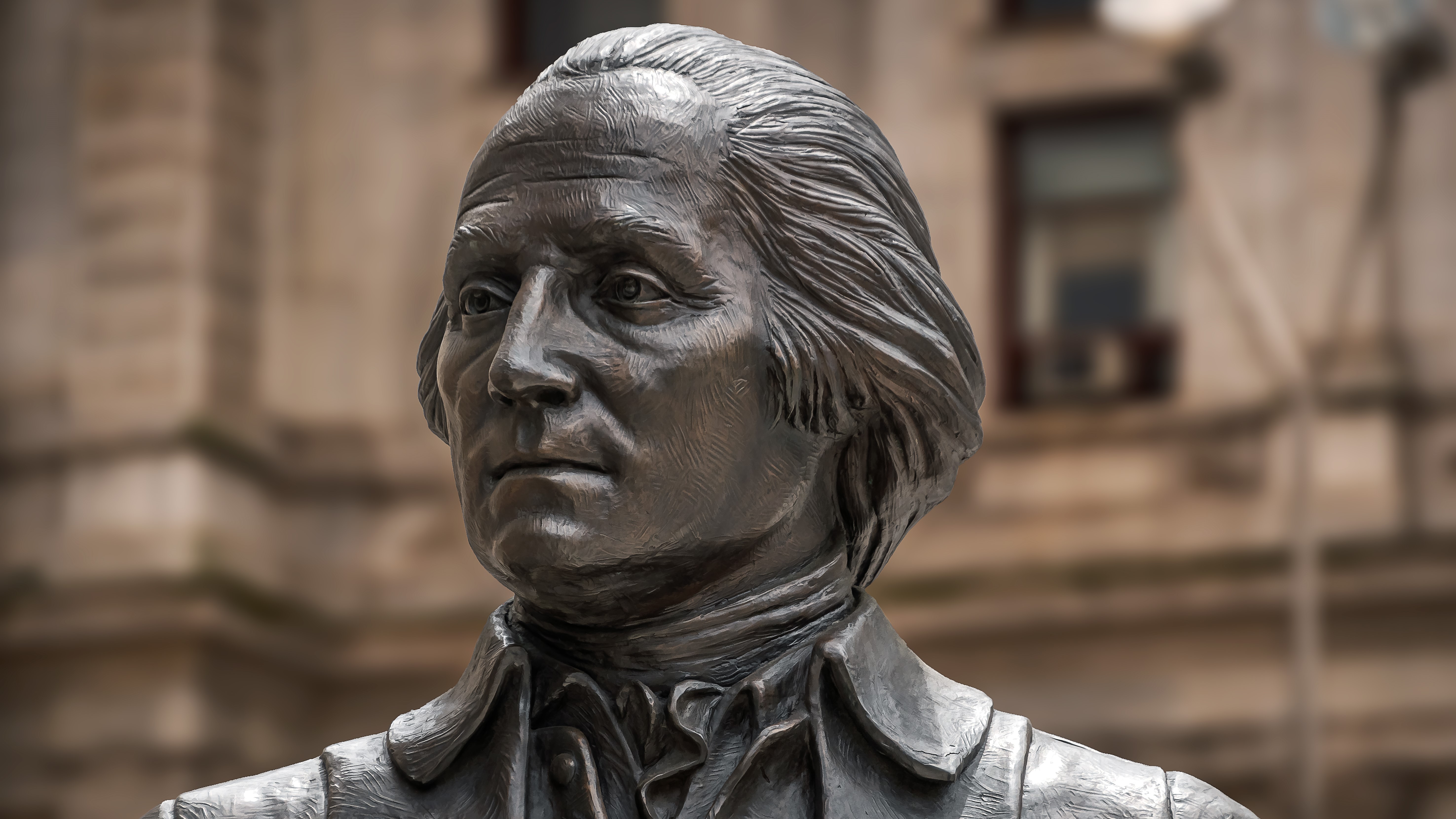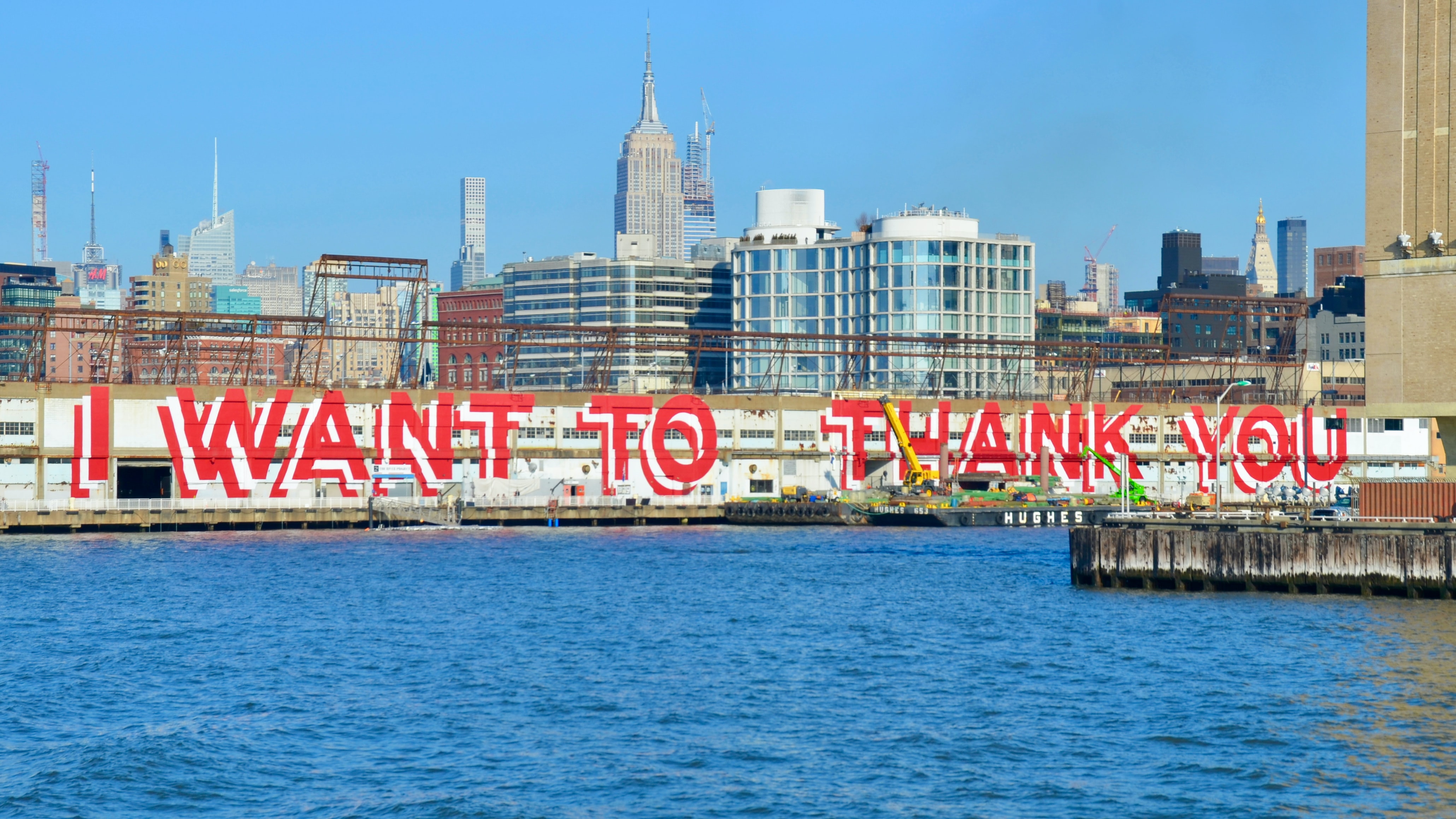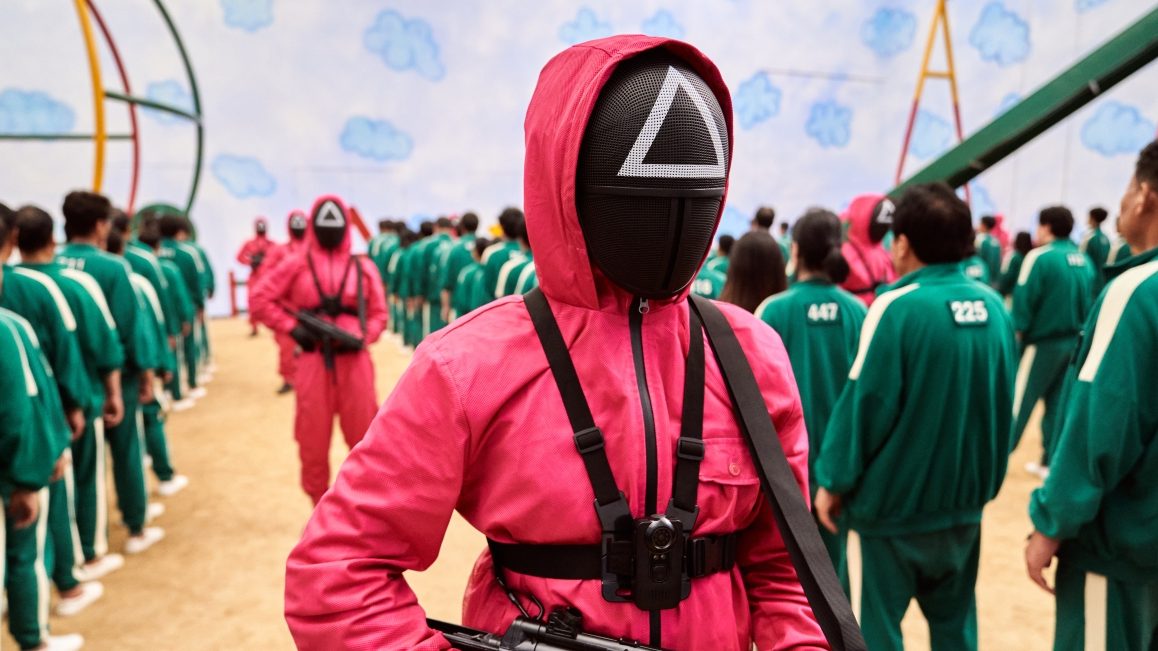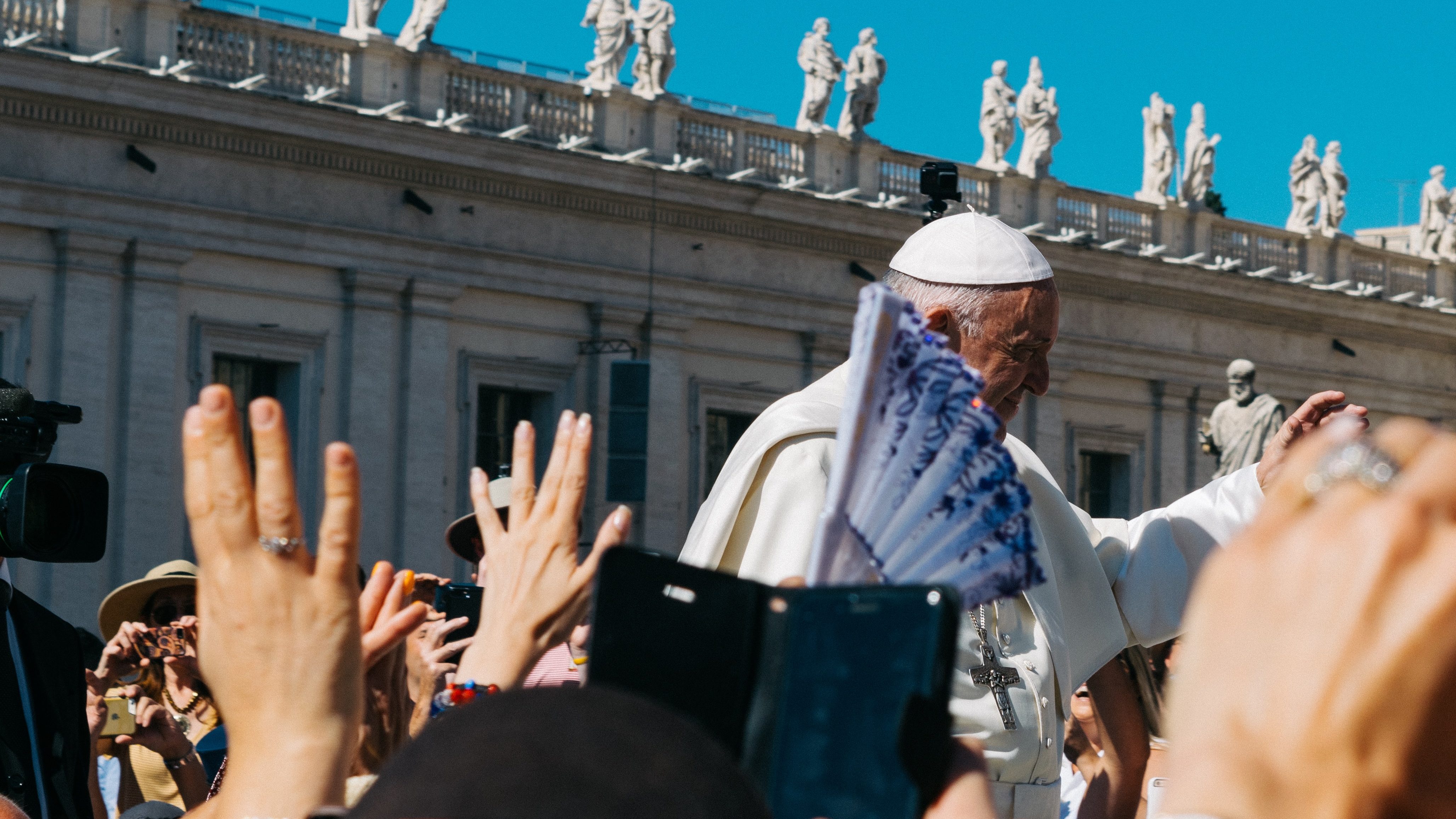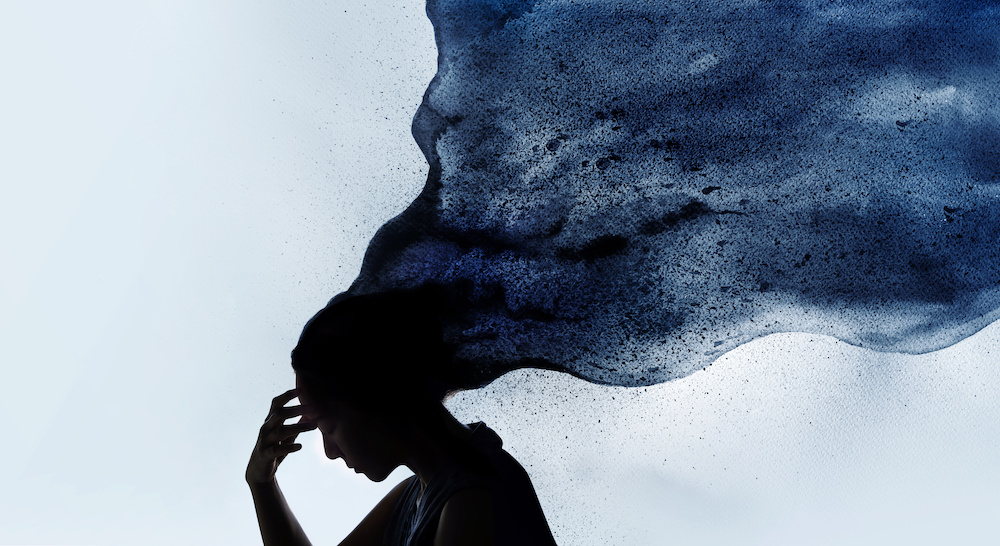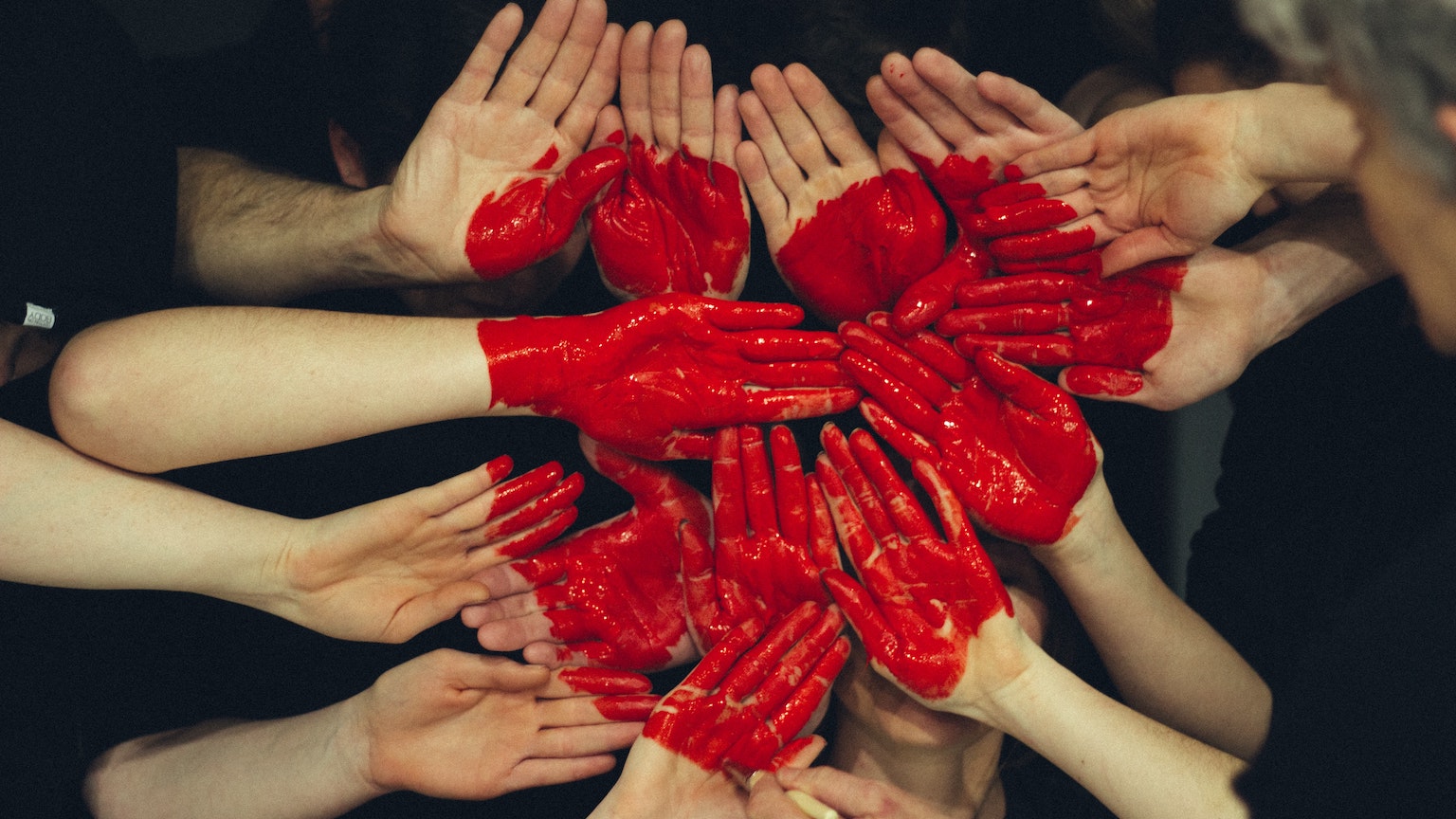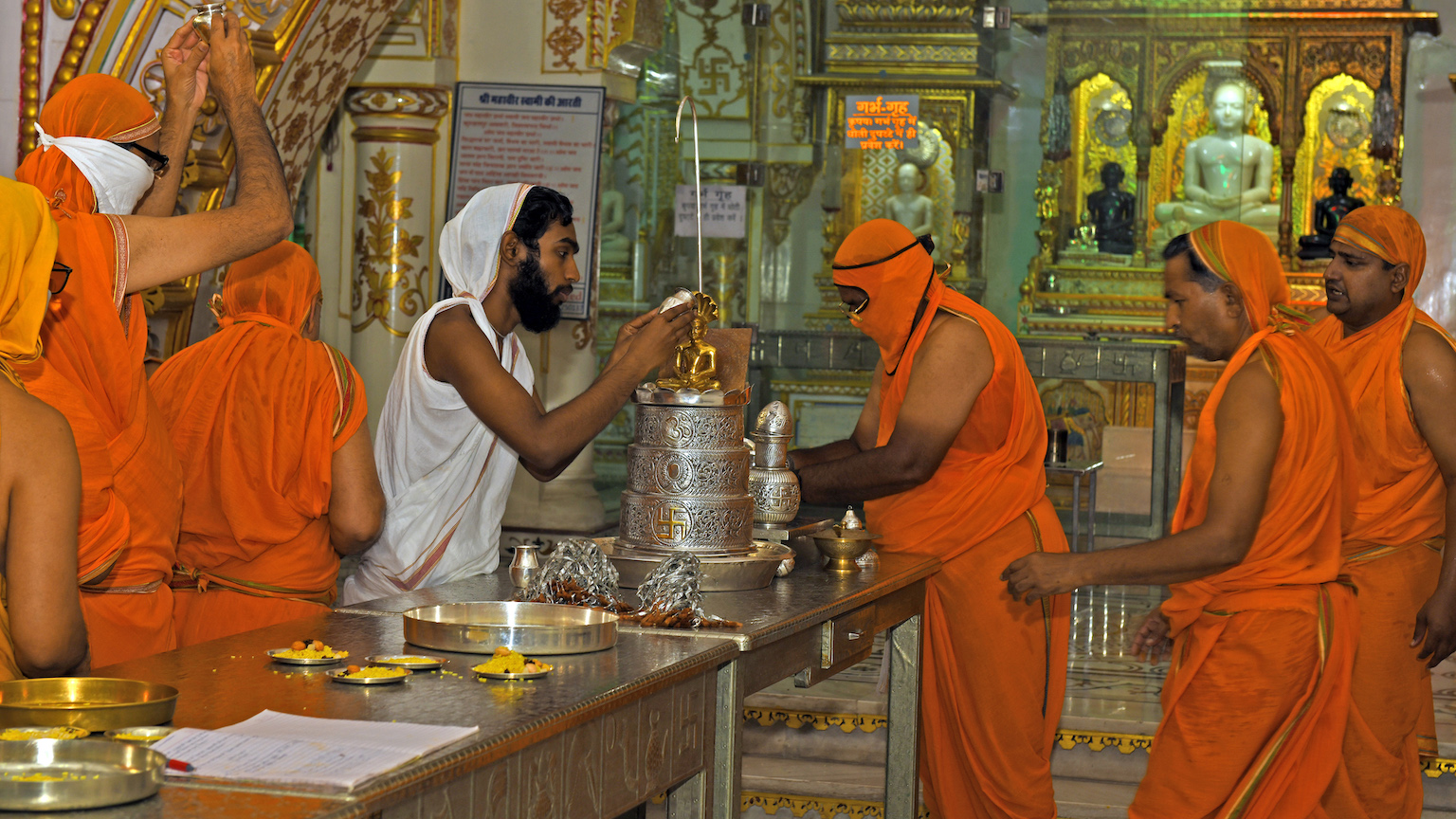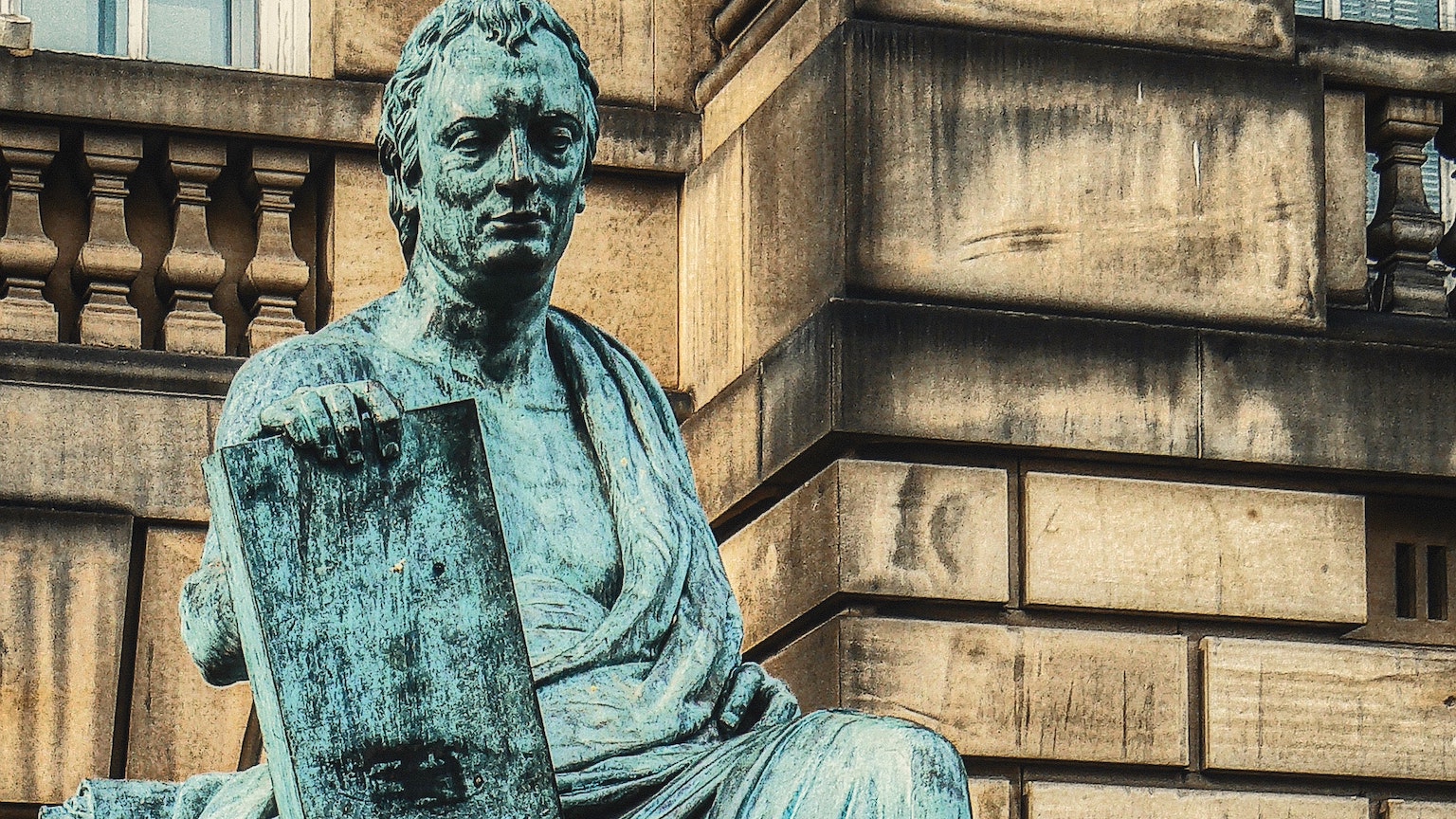Ethics
Online Shinto communities have existed since the birth of the internet as we know it.
One god stands for order, logic, and reason. The other stands for chaos, madness, and drunkenness. Nietzsche thinks you need both.
We value human life in a way that assumes we possess a sacred something not found in beings like lambs, turkeys, or mosquitoes.
Although saying the wrong thing could often get you killed in ancient civilizations, history shows that the ideal of free speech has deep roots.
As the demonstrations grew, so did the internet service disruptions.
According to Sigmund Freud, our revulsion at taboos is an attempt to suppress a part of us that actually wants to do them.
Is hope more realistic than despair? Aquinas thinks so.
The death of God didn’t strike Nietzsche as an entirely good thing. Without a God, the basic belief system of Western Europe was in jeopardy.
“I need to think about the future. Will you help me?”
Beautiful people really know how to catch a break.
In Orwell’s dystopian novel, the government uses Newspeak to control thoughts by controlling language. But thoughts do not require language.
For some people, there is only one thing to live for. They commit their entire being to that thing. They are dangerous.
Pokémon has people wandering the world to enslave wild and magical creatures so they can fight in painful blood sports. What’s fun about that?
People can lose their authentic selves when they don’t honestly confront life’s potential, according to the philosopher Soren Kierkegaard.
Do your kids a favor and give them the gift of philosophy this Christmas.
Role-playing games like Dungeons and Dragons offer a valuable insight: Life is about shifting labels.
Washington believed that particular Thanksgiving in 1789 was a crucial occasion.
When we are more focused on the good things we enjoy in life, we have more to live for.
Like it or not, we are the descendants of busybodies.
The belief that lying is rampant in the digital age just doesn’t match the data.
To overcome burnout, we need to change how we think about the relationship between dignity and work, argues Jonathan Malesic.
Winner takes all, losers die, and participants have no choice but to play.
Our moral attitudes about sex and drugs share a genetic basis, suggests a recent study that examined the attitudes of more than 5,000 twins.
There’s more to miracles than turning water into wine.
Dave Eggers book, “The Circle,” uses satire to illuminate how privacy is fast becoming a lost virtue in the digital age.
It’s better to pursue moral actions instead of the ephemeral state of happiness, according to the philosopher Immanuel Kant.
Stoicism says that we should change what we can, endure what we must. The company we keep is something we can, and often should, change.
Jains believe that karma weighs the soul down. This can be overcome through extreme asceticism, in which one slowly withdraws from life.
People appear to have no qualms about sharing their locations, struggles, and relationships online.
Which philosopher had the strongest arguments? David Hume, who raised some of the best challenges for science, ethics, and religion.
